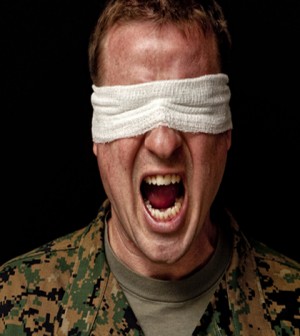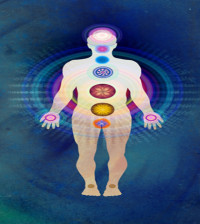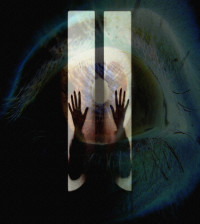- 5 Tips To Finding Peace Within Yourself
- The Do’s and Don’ts of Learning How to Accept Yourself
- How to Find Your Inner Peace and Transform Your Life
- 8 Benefits of Having an Open Mind and How to Get One
- Learn How To Be A Happier Person
- What Is The Meaning Of Life?
- Laws of Abundance – The Riches of Love and Joy
- How to Be Laid Back By Following These 9 Simple Strategies
- The meaning of confucius’ golden rule – 4 practical ways of living it
- 3 methods of unleashing the power of contentment in your life
3 Effective Methods of Dealing with PTSD

Have you survived a frightening situation and now find yourself full of anxiety and fear? Do you have a hard time concentrating during the day and sleeping at night? Do you have PTSD?
What is PTSD?
Post-traumatic stress disorder (PTSD) is an anxiety disorder that occurs after a traumatic event when a person is faced with the threat of severe injury or death. If you were assaulted or involved in a severe auto accident, for instance, you could develop PTSD.
To be diagnosed with this particular anxiety disorder, doctors have certain criteria that must be present, such as:
- Involvement in a major, traumatic event
- Constant re-living of the event; whether it be through flashbacks or nightmares
- Avoidance of situations or environments that are similar to the event
- Personality or lifestyle changes; such as difficulty sleeping, anger issues, etc.
- Symptoms lasting one month or more
- Symptoms impair life quality or function
So, if you have been diagnosed with PTSD, or think you may have it, what do you do?
If you haven’t already, you should see a mental health professional to determine if you do, in fact, have PTSD. If you do receive this diagnosis, they can help you determine which avenue of treatment is right for you. And, most importantly, they can help you start to relieve the symptoms so that you can live a normal, healthy life.
When it comes to dealing with PTSD, you have many options.
Here are three of them:
Therapy
Not only can it help to talk about the event and work it out in your head, but it’s also beneficial to do so with an objective person. Family and friends are well-meaning, but may not be helping you if they give advice or encouragement like let it go or you’re going to be okay. While their heart is in the right place, as you know, it’s not that simple.
Therapists have many tools and tricks to help you deal with the trauma and start to move forward. They know how to settle fears and calm anxiety. They’re also able to give tips to family and friends to help them help you feel better.
Medication
Taking medication to ease the symptoms associated with PTSD is a common form of treatment. It can be used alone or in conjunction with therapy for a greater effect.
A doctor may prescribe anti-depressants, anti-psychotic medication or anti-convulsant medication. Each one treats a specific set of symptoms particular to that person.
Some people try to self-medicate with alcohol or drugs. Of course, this avenue is dangerous for anyone, let alone a person with PTSD. It doesn’t resolve the underlying issues and compounds the problem making the whole situation harder to deal with.
Meditation
Practicing meditation allows a person with PTSD to calm their fears and start to heal. It strengthens the body and mind, both of which are important to living a healthy, happy life.
Meditation releases hormones that assist as ‘natural medicators’ when the body is under stress. It increases your DHEA which helps alleviate depression. It also boosts your melatonin which helps you sleep better and raises your HGH (Human Growth Hormone) which affects your overall health and well-being.
One quick exercise you can do is breathing. Sit quietly and focus on your breaths as they go in and out of your body. Just doing this a few minutes a day will help you feel more centered and make you more capable of handling stress and anxiety.
PTSD sufferers don’t have to accept a life without joy and excitement. There are plenty of treatment options available. The key is finding the right ones, or combination of ones, that work for you.








































You must be logged in to post a comment Login